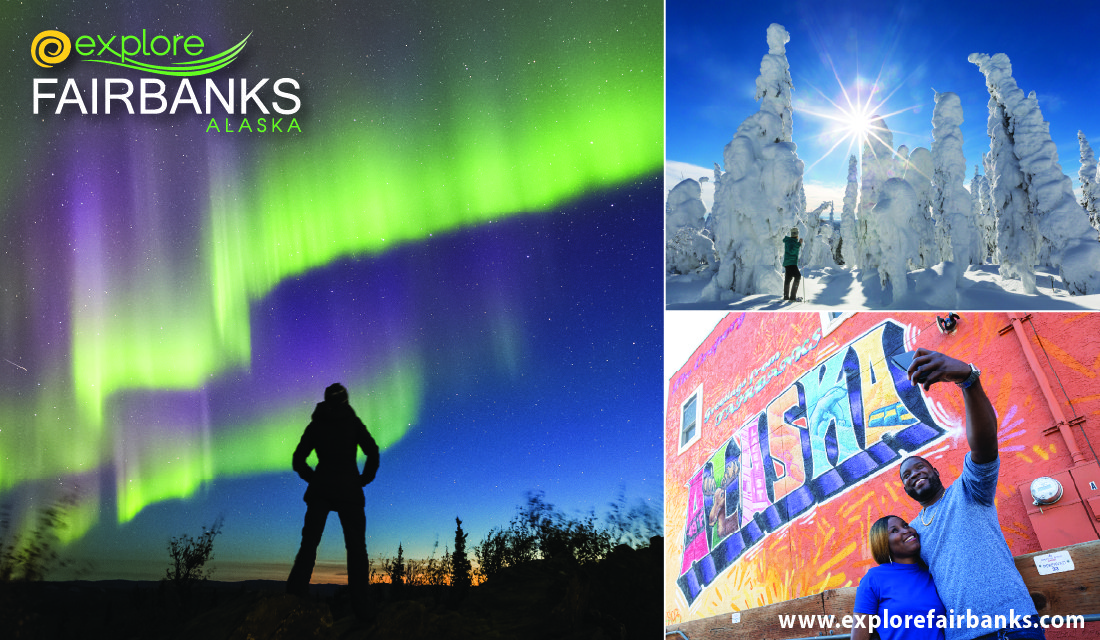I shut my eyes, but then I thought that if I chanced to die, I would die not knowing the beauty of my dreams. So I opened up my eyes—and I could see.
Bubbles, and the spume of Whale’s rush toward the deep, swept by me. Quickly the colors of the sea shifted through twilight shadows to the colors of raven’s wing to midnight blue. Then I realized my eyes were seeing glamour, not gloom, that I could breathe, that I was breathing, that the world of the sea was as benign to me as was the land. So began my life with Whale, the life in which I hoped to live and die. My friends might wish for a good hunter husband or a lot of children or a long and quiet life. I had never wanted those things. I wanted to live in the world’s beauty; I wanted to listen to the music of the Northern Lights hissing as they drowned in the waters; I wanted to live on the edge of danger so that my life would always taste sweet.
Whale brought us to an undersea cave and gently let me down onto its sandy floor. He burped a great eruption of air. All the water was pushed from the cave and I found I could walk around it just as if it were on the surface. The wall decoration was marine, of course, but the anemones and starfish and sea ferns were colorful and I lacked nothing to look at outside my doorway. The whole ocean was parading past.
“Are you hungry?” Whale asked.
“You know, I think I am.”
“I will bring you fish…spring seal is not fat enough yet to taste best.”
“I wouldn’t know.” We were being so polite.
“Perhaps after you eat you would like to see more of my world.”
“Yes, I would like that.” Stiff with formality. “Ah, I wonder…there is a small, a tiny sort of…encrustation there, right behind your front fin. Would you like me to, perhaps, remove it? I can’t imagine it feels good, rubbing at your skin.”
Whale rolled his eye down to try and see the place, but, of course, he couldn’t. I stepped closer and picked at the barnacle-like growth. It pulled off, leaving a patch of dry skin.
“Would it feel good if I scratched there?”
“Ah, perhaps, yes, would you do that for me?”
I gently scrubbed at the patch. Large flakes fell off. Whale rolled toward me, a low whirring in his throat. I jumped away, not wanting to be flattened.
“Oh! I apologize.” Whale quickly rolled back.
I scratched at the patch again. “Is this right, or would harder be better?”
He hummed. I took it for approval. We had found a language of comfort.
Over time our life sorted out into a rhythm as regular as a tide. Daily, Whale hunted the bounty of the sea for my food, taking great pleasure in bringing me morsels of the freshest and most delicious harvest. Daily, I tended to the state of his skin, making sure no remoras or barnacles or sea lice marred his beautiful flesh. He would sing as I groomed him, songs of increasing richness as he learned I loved to hear him. Whale’s songs were not like ones I sang, which had words and stories. He sang in clicks and whistles and groans, making whole notes out of fragments of sounds poured from wind, sea, life’s blood. His songs pulled their essence from the sounds of the world around us; they were celebrations of life, poetries of wonder. His music was the literacy of his heart.
Whale painted his songs into my ear as if his voice had dipped its brush in his soul. If I did not have the evidence of his love for me through his devotion, I would suspect that Whale was in thrall to the world, because of the reverence with which he sang. Yet I could not grudge his love for life, since the kiss of his music stirred my own soul to share his ecstasies.
Every day, unless there was a terrible storm, Whale took me to the surface. Along the way we explored and played and cavorted with the waves and with each other. Whale delighted in tossing me up and catching me before I hit the water, and I laughed like a young girl when he did this, my heart bouncing in my chest. Though there were no witnesses, we were married in truth, if not with ceremony.
Our life was good, until my brothers came to find us and to take me back.
My family had mourned the disappearance of my sister and me, of course. Our dramatic “abduction” had been reported to our six brothers, and they had worked themselves into an avenging froth of anger, ignoring the fact that we both had chosen our mates freely. No matter how unusual, my sister and I were leading lives we had chosen. Maybe that was the problem; we had not followed a maiden’s usual course of matchmaking, marriage bartering. We were not controlled by our family’s ideas of good or bad. Maybe the punishments our brothers wished were not for our mates, but for us.
I knew they would fail to find Eagle’s nest, too high and too hidden. Traveling in the territory of the sky was not a skill of my tribe. We lived more securely on the sea, so when my brothers took to their bird-swift umiaks and kayaks to search for me, they felt confident. Whale and I were playing with the otters when we spotted the brothers, a line of boats coming for us as straight as a harpoon. Whale immediately took me up behind his dorsal and headed for our cave home, but that day we had gone far, and my brothers were powerful behind their paddles.

“They are gaining on us!” I cried. “Dive! Dive!”
“No, we must end this, or they will hunt all the pods of whales to find us. I will not have my family suffer because of me. Take off your outer coat. Throw it away on the water.”
I stripped off my gut-skin kamleika. My mother had stitched the narrow strips together with tiny sinew stitches so that no water would reach my warm inner coat. Then she had decorated it with tassels made from the crests of auklet birds. When I let go of it, I was letting go of my mother’s love for me.
My brothers stopped at the place where my waterproof coat floated, and poked at it with their spears and harpoons. Whale and I gained a little distance, but then the boats came after us again.
“Throw off your inner coat!”
Whale was right, we must gain time, but my inner parka had been made by my sister. All of one winter she had stitched the skins of wolves and otter, wolverine and seal, scraped and chewed by her to suppleness. The bottom border was decorated with images of my favorite animals, and I ripped a section off and tied it around my hair so that when I let go of her gift to me, I would not lose my sister’s love.
My brothers circled the floating parka with their boats, but the moment gave us only a little more distance.
“You must take off your breeches,” Whale cried.
He was right, but my father had collected the reindeer skins for my pants on lonely hunting trips away from the shore. When I pulled my breeches off, my naked skin wrinkled from the cold, yet I flung the pants away. I already had warm knowledge of my father’s love, and would keep his memory close.
“Throw out your mittens,” Whale commanded. “Leave the strings attached.”
My mittens were a showcase of my skills in embroidery, bright with porcupine quills and bone beads. I could recite each prick of a quill, each collected bone, each eye-straining stitch, the name of each flower I had portrayed. Yet without regret I flung them on the water, the long strings that had hung them around my neck trailing like seaweed. Whale grasped the strings in his mouth and dived.
When we reached the bottom, Whale gave me the strings from my mittens, floating on the surface, and nudged a large rock. I knew at once what to do, and with my human fingers I tied the strings to the rock, so my mittens were tethered like a buoy that floated on surface, a signal of our supposed presence. My brothers would stop, fight about how best to follow this last distraction, yet Whale and I would be gone.
I took no backward glance at the cave where I had spent many happy times. There would be more dwellings and much happiness in our future. Sadness was to grip the fabric of the past that I could shed as easily as the clothing I’d just flung away. When I’d lived on land and floated on water in a kayak, I had been schooled by my brothers to respond to the breathing, heaving ocean. I’d learned how delightful were the changes of the sea, the discovery of her moods, how I liked to shift with the winds, flow with the wash of the currents. My foot firmly against the sandy bottom, I gave a shove to push me up onto Whale’s back once more, but as I thrust I felt something inside me make a great twist. I jackknifed in the middle, my face touched my toes, and my arms slammed against my sides. My body fought being folded, and I arched back like a drawn bow, now facing up to the faint light of the day on the surface.
But there was something wrong with my eyes. I twisted back and forth to try and see ahead. My body pulsed again, and I made a great surge toward the light, and another, and then I breached the skin at the top and leapt into the air, falling back to land with a splash. An instant later my husband rose up in the air and bellyhit to make a joyful splash of his own. We floated side-by-side for a moment, my brothers forgotten. I had become a whale!
“Quickly, oh my joy, we must flee,” my husband said. I heard his song, as beautiful as before, but now the words wreathed around with music were sung to me. I spouted (what a grand spray I made!), took a deep-to-my-toes breath, and, in unison, we dived, singing a duet of our lives to come.
There were many things I left behind when I chose my life with Whale. I left the weight of my feet against the solid land. I left my tribe and my family, whom I loved, even my blustering brothers. My sister, whom I cherished, her loss eased by knowing she was living a life as did I, strengthened by the light inside us. I abandoned my skin-made clothing, with all of its memories that I no longer needed. Oh, Whale and I would never have a child, for there are some things even love cannot make possible. But in truth I do not miss that, for my life is so rich. I have the family of Whale, who embraced me as their own, and I ride to the far horizons beside them.
Whale ignited the light inside me with his songs. I drew our own map on the erasing waves.
In 1974, Jocelyn Paine was researching an article on cetaceans at San Diego’s Sea World. An orca “checked her out” through the glass. She’ll never again underestimate mammalian intelligence.


